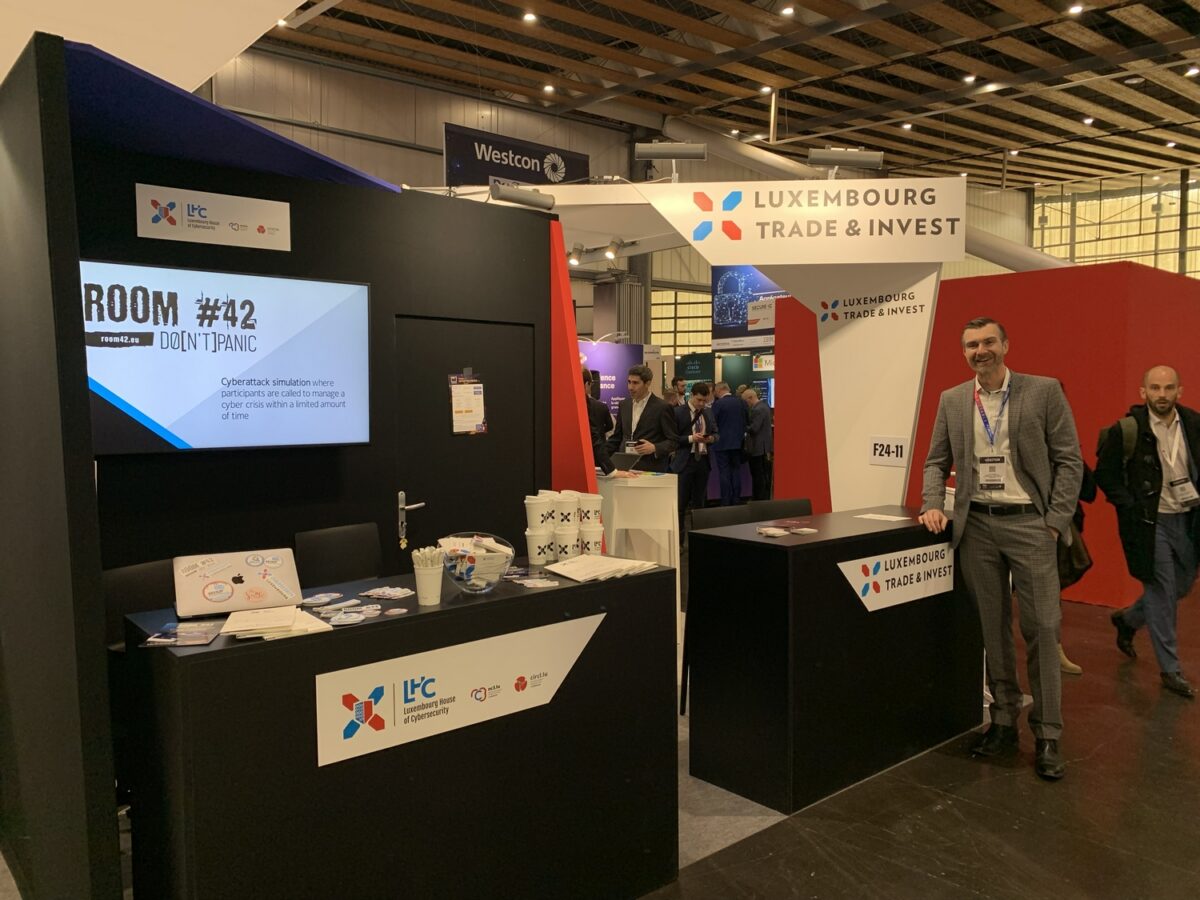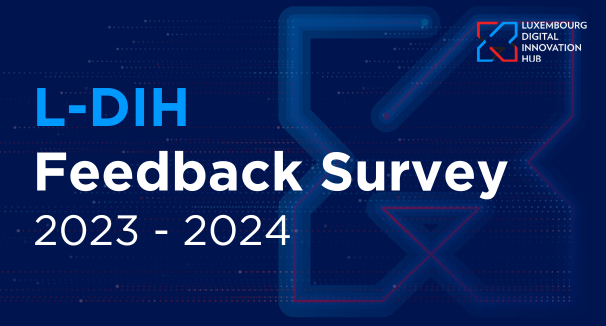The latest International Cybersecurity Forum, held in France in early April, confirmed the diversity of a market that concerns all types of companies and all types of problems.
By bringing together end customers, service providers, solution publishers, consultants, law enforcement agencies and government agencies, as well as schools and universities, in one place, the FIC enables the entire ecosystem to interact through lectures, panels and some 650 exhibition stands. Not to mention the 5,000 participants who attended the online exchanges.
Luxembourg pavilion
The role of the FIC is to respond to a twofold urgency: on the one hand, to face the operational challenges of cybersecurity and, on the other hand, to contribute to the construction of a digital future in line with European values and interests.
At the initiative of the Luxembourg House of Cybersecurity (LHC) and Luxinnovation, the Luxembourg cybersecurity ecosystem was represented with a dedicated booth. The LHC is also a partner of the Luxembourg Digital Innovation Hub (L-DIH), managed by Luxinnovation, whose mission is to help the digitalisation of manufacturing companies. Cybersecurity is one of the three technological pillars on which the L-DIH bases its efforts. This is why the L-DIH team participated at the Forum alongside the LHC.
“Our objective during the Forum was to identify a maximum number of companies providing services and/or solutions that could potentially be used by SMEs in the manufacturing sector in Luxembourg,” explains Nicolas Sanitas, Senior Advisor and Digital Community Coordinator at Luxinnovation.
“Solutions as varied as the needs”
Here are some of the 650 exhibitors present in Lille that caught his attention:
- Cyber ICS, a young French company founded by a former cybersecurity consultant in the oil & gas sector. The company provides consulting and integrates cybersecurity solutions for the industrial sector, whatever the size of the organisation.
- Sharekey, a Swiss company, which offers all-in-one collaborative solutions (messaging, notes, diaries, video, file sharing, etc.) that are fully encrypted from end to end with decentralised keys on users’ terminals. This means that no one, including Sharekey itself, has access to the content exchanged, regardless of its nature/type.
- UBCOM, also based in Luxembourg, is active in comprehensive consulting/awareness services in the field of cyber protection, but also in the implementation of personal data protection policies. Its wide range of services goes from DNS configuration monitoring to vulnerability scanning, including flow monitoring and audits.
- Seckiot, a pure player in cybersecurity, with its platform enabling real-time monitoring of an industrial site’s entire network infrastructure: from level 0 (sensors) of the OT (Operational Technologies) to the IT level (business applications).
- Cyvault, a Canadian company specialising in cyber defence, presented its Byson Box: a “plug & play” tool that continuously analyses network flows for possible vulnerabilities and provides recommendations for appropriate corrective measures if necessary.
“What is most important to remember about an event such as the FIC is that solutions exist to cover all the needs of companies, whatever their typology or field of activity,” summarises Mr Sanitas. “The L-DIH is there to help companies take the best path in their digitalisation process. Regarding cybersecurity, our partnership with the LHC allows us to respond from an ideal angle to the problems encountered by the market.”
A second edition of the FIC will take place again this year, on 25 and 26 October, in Montreal (Canada), with a focus on the North American markets.
In a future article, we will provide a more detailed update on the Luxembourg companies present at this edition of the FIC in Lille in the Luxembourg national pavilion.
Photo: Luxembourg House of Cybersecurity


